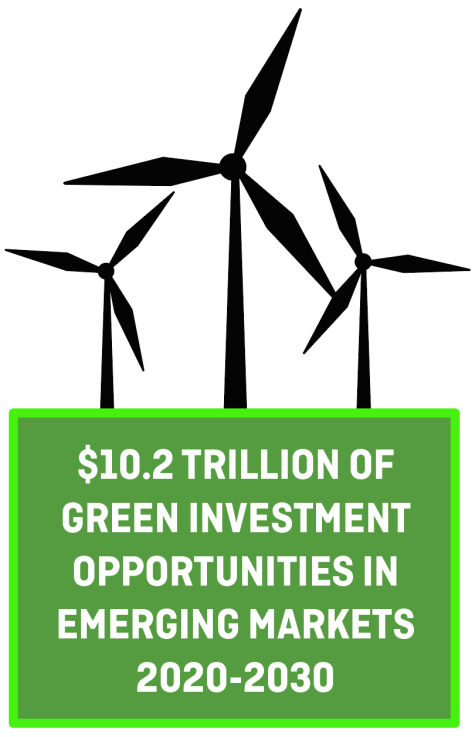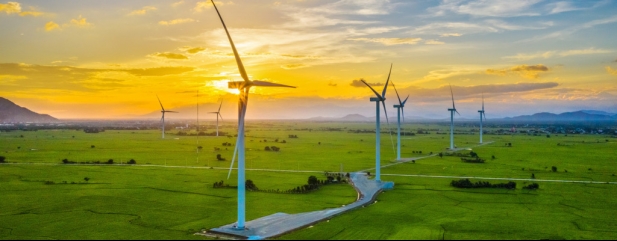Investors often associate emerging markets with a reliance on fossil fuels like coal, which would suggest that tackling climate change is not going to be easy.
As the middle class population in emerging markets grows and factors like car ownership and consumption of meat go up, so emissions are expected to increase.
Research published in April 2021 by the International Finance Corporation, a sister organisation of the World Bank, reported that emerging markets account for 62% of the world’s population and 48% of global emissions.
If emissions were to grow to match emerging markets’ share of the global population, this could have damaging consequences for the environment.
However, more optimistically, the same report also highlighted the potential for a green recovery from the Covid-19 pandemic over the next decade. It stated: ‘As countries shift from short-term pandemic relief measures towards long-term economic recovery, governments face important decisions about the type of economies they want to rebuild and how to allocate limited resources effectively.’
In partnership with market research firm Guidehouse Insights the IFC identified over the next 10 years $10.2 trillion in investment opportunities, 213.4 million cumulative new direct jobs and 4 billion tonnes of carbon dioxide equivalent reduction in greenhouse gas emissions across 21 major emerging market economies.
Half of these investment opportunities are centred around East Asia and the Pacific, encompassing China, Indonesia, Philippines and Vietnam.
This outlook is part of a series being sponsored by Templeton Emerging Markets Investment Trust. For more information on the trust, visit here.
‹ Previous2021-06-24Next ›

 magazine
magazine









